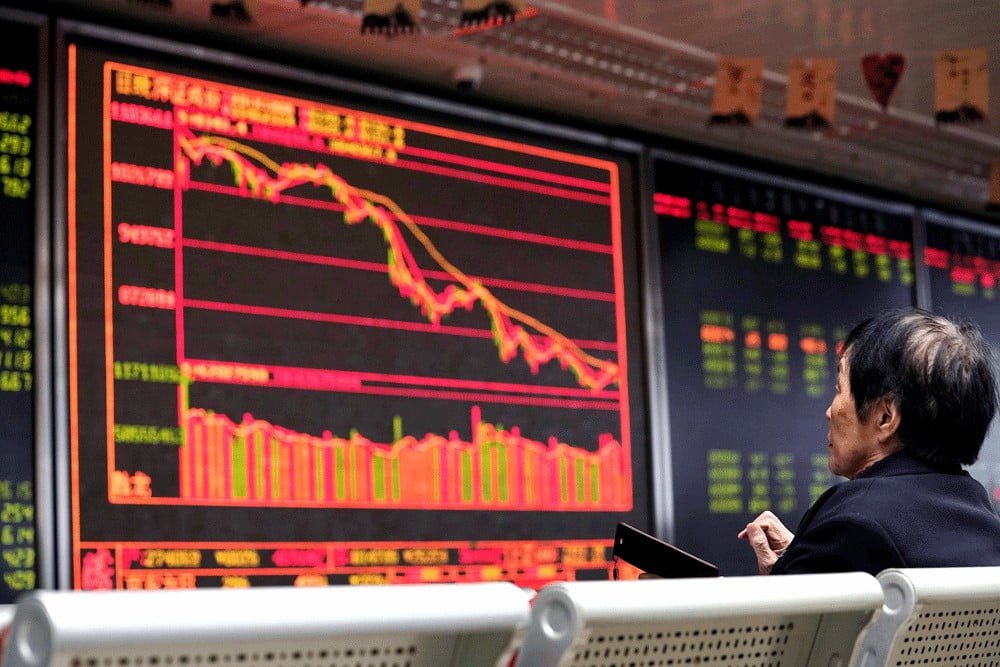The stock market is navigating uncertain waters as U.S. Treasury yields soar, affecting various aspects of the financial landscape. This article breaks down the key developments and their consequences for investors and the economy.
U.S. Treasury Yields Surge
The market is abuzz with news of the 10-year U.S. Treasury yield nearing the 5% mark, a level not seen since 2007. This surge in yields is causing concern, particularly for Wall Street, as it influences interest rates, investment decisions, and more.
Inflation Concerns
Inflation has been a recurring topic in recent times, and the latest data shows that consumer inflation in September was higher than anticipated. While the core inflation rate (excluding volatile food prices) stood at 2.8%, the overall inflation rate (including food and fuel) reached 4.2%, still near its 40-year peak. These numbers are vital for understanding the purchasing power of consumers and businesses.
Role of the Federal Reserve
Federal Reserve Chair Jerome Powell has stated that the Fed could consider raising interest rates if U.S. economic growth remains robust. The Fed’s goal is to combat inflation by encouraging responsible spending. However, this move could lead to more expensive mortgages, reduced investment values, and higher borrowing costs for companies seeking growth.
Stock Market Impact
The stock market hasn’t been immune to these challenges. On a recent Thursday, the S&P 500 declined by 0.8%, reacting to a mixed set of profit reports from companies like Tesla and Netflix. High yields are particularly detrimental to stocks that have been driven up with expectations of future growth or are perceived as overvalued.
Tesla’s shares dropped by 9.3% as the company reported weaker results than expected for the summer. In an effort to boost sales, Tesla had been lowering prices, but this affected its profitability. On the flip side, Netflix saw a 16.1% surge in its stock price after reporting stronger profits and announcing plans to increase membership prices.
Market Data
- Tokyo’s Nikkei 225 index fell by 0.5% to 31,266.84.
- China kept its benchmark lending rates unchanged, with the one-year loan prime rate at 3.45% and the five-year LPR at 4.20%.
- Oil prices increased as the Department of Energy announced offers for crude purchases for the Strategic Petroleum Reserve, with U.S. crude reaching $89.33 per barrel.
- Various Asian markets, including Hong Kong’s Hang Seng, Shanghai Composite, Seoul’s Kospi, Australia’s S&P/ASX 200, India’s Sensex, and Bangkok’s SET, experienced declines.
Middle East Conflict Impact
The ongoing conflict in the Middle East has raised concerns about oil supply, contributing to rising oil prices, which can have a cascading effect on energy costs and overall market stability.
Conclusion: In conclusion, the stock market is currently facing multiple challenges, including surging U.S. Treasury yields, inflation concerns, and geopolitical tensions. Investors are closely monitoring these developments and adjusting their strategies accordingly. As we move forward, staying informed and making well-informed investment decisions is crucial in these uncertain times.




